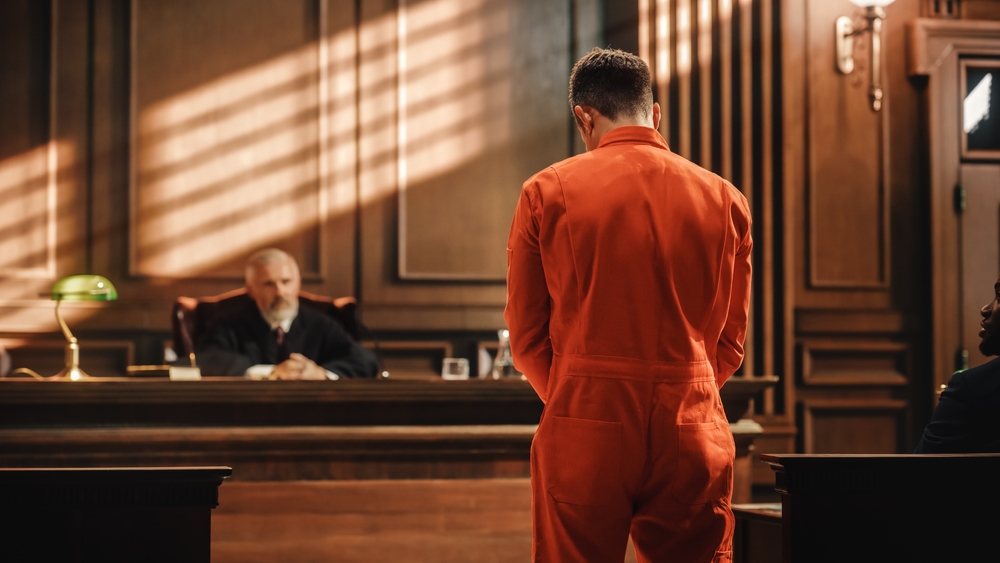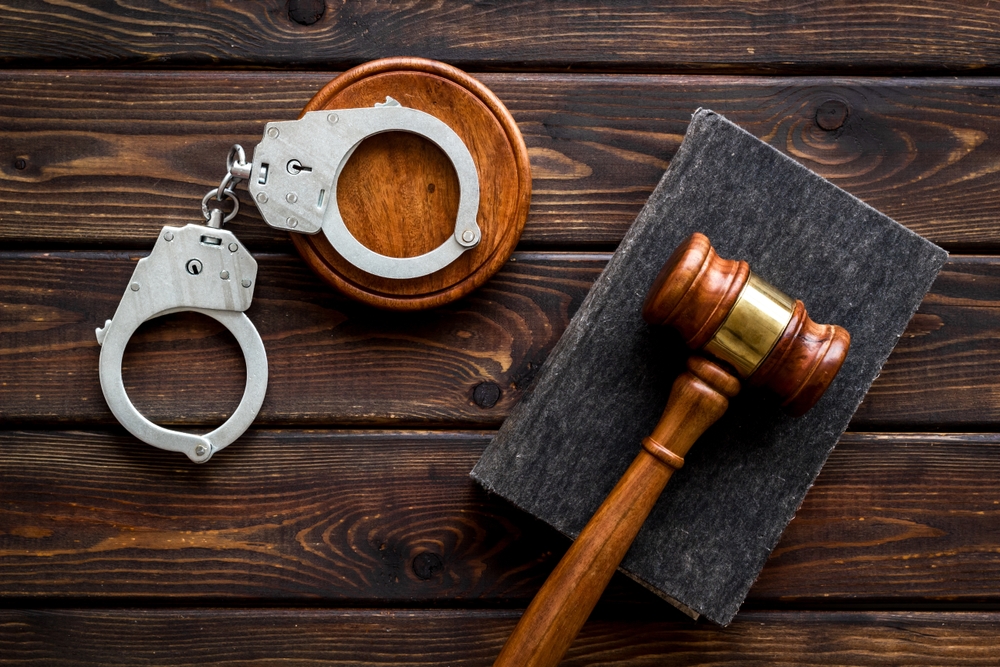A criminal defense lawyer provides legal representation to individuals or organizations accused of committing crimes. They defend their clients in court and work to achieve the best possible outcome.
While this may sound straightforward, a defense lawyer's role involves much more than just appearing in court. In fact, their work begins long before a trial and continues even after the case has been decided.
What Crimes Can a Criminal Defense Lawyer Help Me With?

Defense lawyers have experience in a wide range of criminal cases and can assist with:
- Drug offenses: This includes possession, distribution, manufacturing, or trafficking of illegal drugs.
- White-collar crimes: These are financial crimes such as embezzlement, fraud, money laundering, or insider trading.
- Violent crimes: This can involve charges such as assault, homicide, domestic violence, or robbery.
- DUI/DWI: A lawyer can defend individuals who have been charged with driving under the influence or driving while intoxicated.
These are just some examples of the types of cases that a lawyer can handle. If you have been accused of any crime in Texas, you must seek the assistance of an experienced attorney to properly deal with your case and ensure you receive a fair trial.
What Does a Criminal Defense Lawyer Do to Prepare for a Trial?
Once you hire a defense attorney, they will begin working on your case immediately.
Some of the things they may do to prepare for a trial include:
- Conducting an investigation: This involves gathering evidence, interviewing witnesses, and reviewing police reports.
- Analyzing the evidence: A lawyer will carefully review all the evidence to determine its strengths and weaknesses.
- Building a defense strategy: Based on their analysis of the evidence, a defense lawyer will develop a strategy to defend their client in court.
- Negotiating with prosecutors: In some cases, a lawyer may be able to negotiate with the prosecution to reach a plea bargain or reduce charges for their client.
The complicated nature of criminal cases requires an attorney to be thorough and meticulous in their preparation. With a strong defense strategy, a lawyer can increase the chances of a favorable outcome for their client.
What Does a Criminal Defense Lawyer Do During a Trial?

The goal of a defense attorney during trial is to provide a strong defense for their client and to protect their rights.
This may involve:
- Presenting evidence: An attorney may call upon witnesses, cross-examine prosecution witnesses, and present evidence to support their client's innocence.
- Challenging the prosecution's case: A lawyer will carefully review the prosecution's arguments and challenge any weak or faulty evidence.
- Raising legal objections: During a trial, a defense attorney can object to certain statements or evidence if they believe it is inadmissible or violates their client's rights.
- Delivering opening and closing statements: These are opportunities for a lawyer to persuasively summarize their case and explain why the jury should find their client not guilty.
Ultimately, a criminal defense lawyer's role during a trial is to provide a strong defense for their client and ensure that they receive a fair trial.
What Does a Criminal Defense Lawyer Do After the Trial?
Even after a case ends, a lawyer may still have work to do.
Post-trial responsibilities may include:
- Preparing for sentencing: If their client is found guilty, a lawyer may need to gather evidence and present arguments to minimize the severity of their sentence.
- Filing appeals: If there are grounds for an appeal, an attorney can file the necessary paperwork and argue on behalf of their client in higher courts.
- Assisting with probation or parole: In some cases, a lawyer may help their client fulfill the terms of their probation or parole.
- Criminal record clearing: If a person's case results in a dismissal or an acquittal, a lawyer can assist with expunging their criminal record.
Having experienced legal representation post-trial can significantly affect the outcome of a case and ensure that a person's rights are protected throughout the legal process.
What Defenses Will an Attorney Use During a Criminal Trial?

A criminal defense attorney may use various strategies and defenses depending on the specifics of a case.
Common examples include:
- Innocence: If their client is innocent, a lawyer will work to prove this by presenting evidence and witnesses that support their claim.
- Alibi: A defendant may have an alibi, which is evidence that they were not at the crime scene when it was committed.
- Self-defense: This defense argues that the defendant acted in self-defense to protect themselves from harm.
- Rights violations: If a person's rights were violated during the arrest or investigation process, a lawyer can argue that the evidence gathered is inadmissible.
These are just a few defenses a lawyer may use to protect their client. Ultimately, the most effective strategy will depend on the specific circumstances of each case.
Why Should I Hire a Criminal Defense Attorney?

It is scary to face criminal charges. It's even scarier trying to navigate the complex legal process alone. With the help of a defense attorney, you can combat the narrative of prosecutors seeking to convict you.
Furthermore, with strict filing and procedural requirements, the assistance of an experienced lawyer can ensure that all necessary paperwork is completed correctly and submitted on time.
They will also have a deep understanding of the laws and procedures where the charges were filed, which can be crucial in building a solid defense.
Have You Been Charged With A Crime? Contact The Law Offices of David M. White for an Award-Winning Criminal Defense Attorney
Facing criminal charges is a serious matter. Having experienced legal representation ensures your rights are protected and your case is handled with care.
At The Law Offices of David M. White, we have years of experience defending clients in Texas against a range of criminal charges.
Our team is committed to providing personalized and aggressive representation to achieve the best possible outcome for each client.
If authorities charged you with a crime in Texas, don't wait - contact us now for a consultation.
